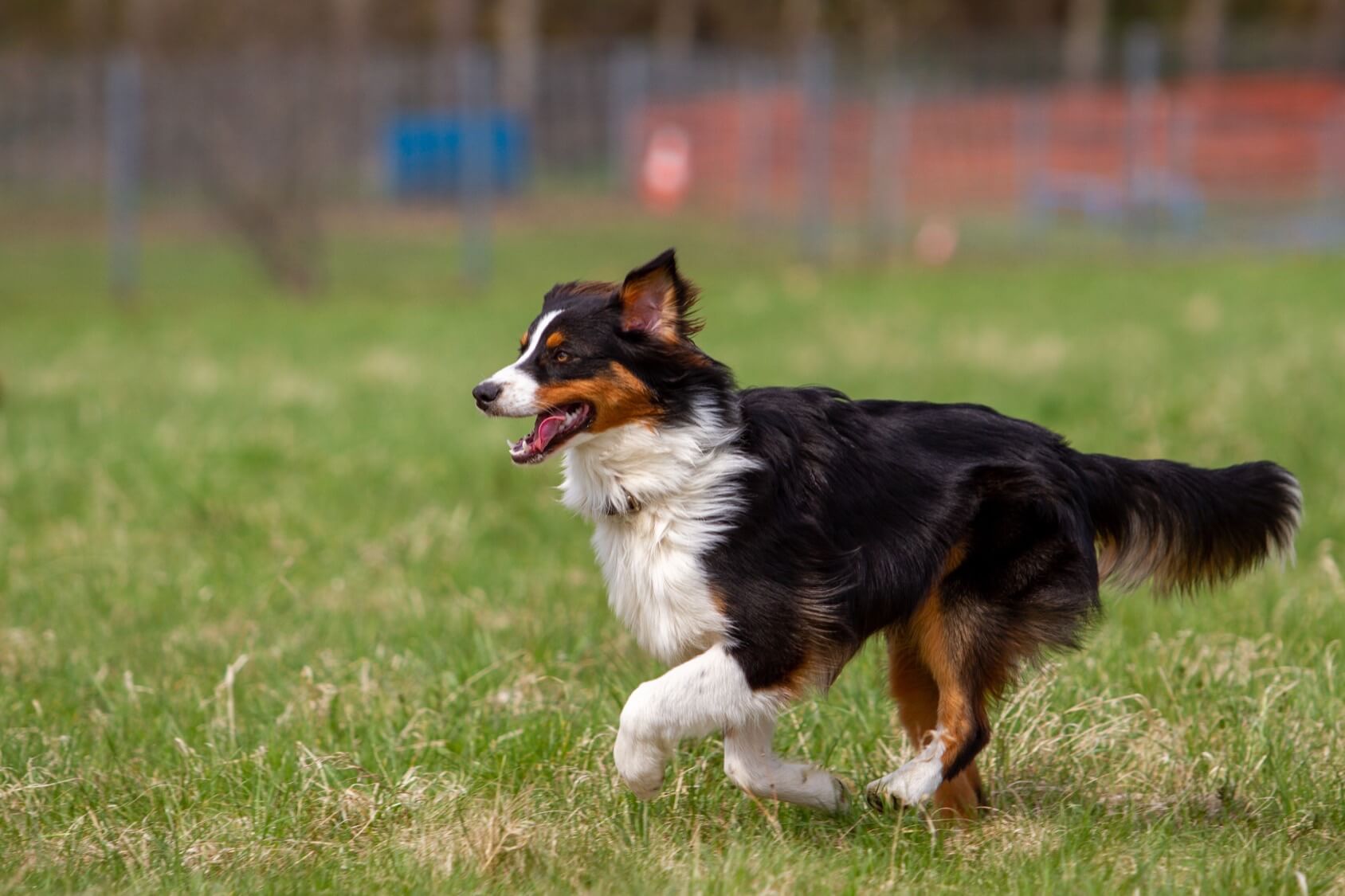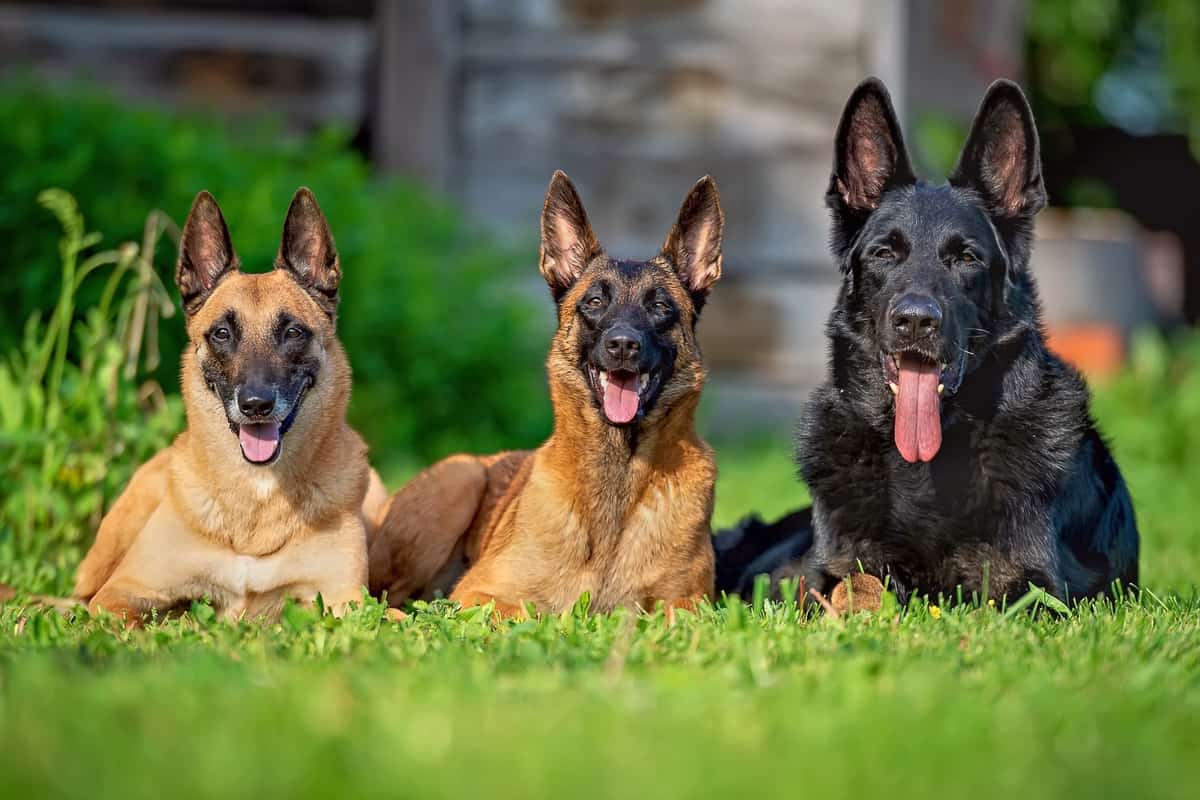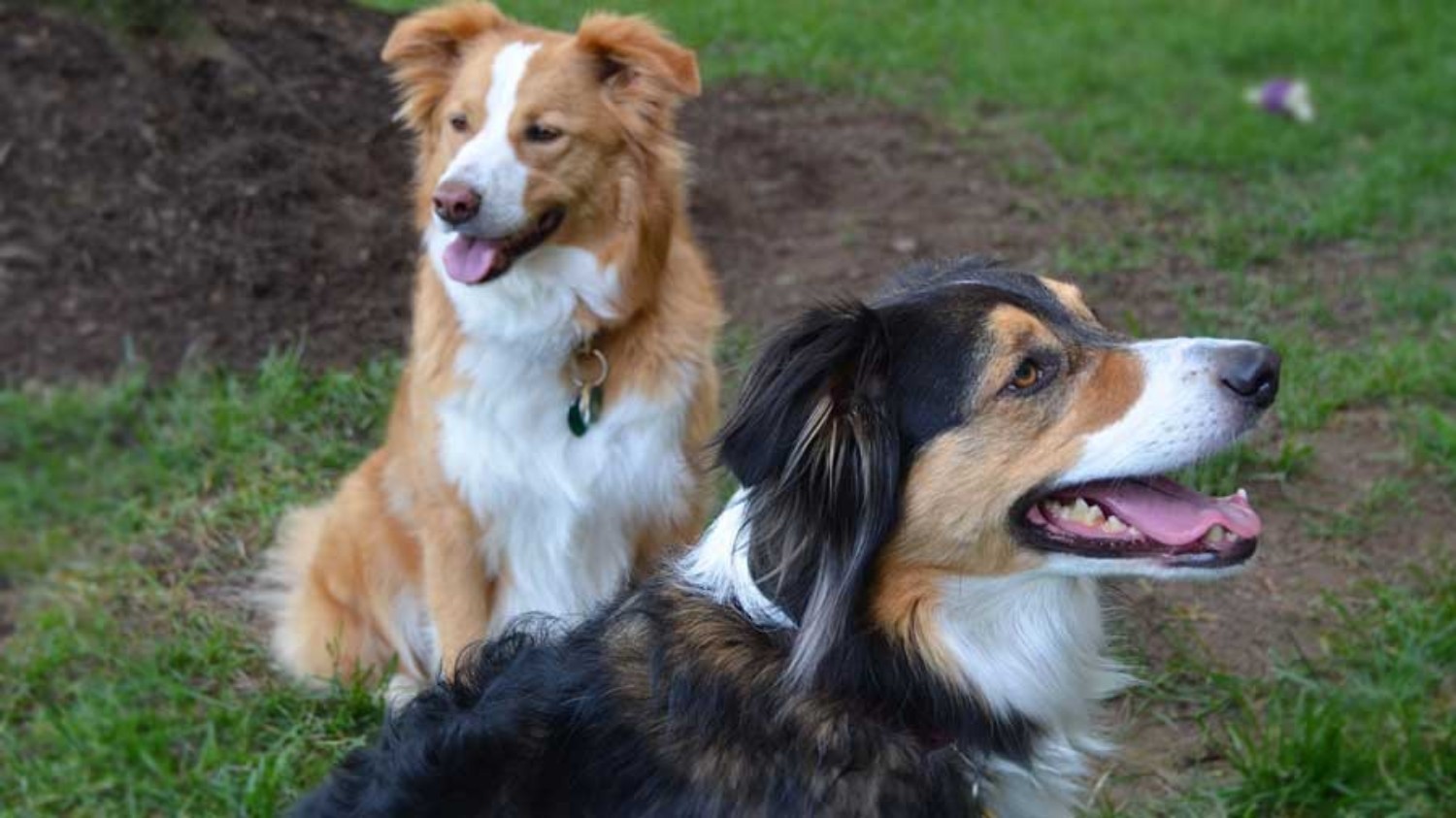
Despite its name, the English Shepherd is a distinctly American breed with roots tracing back to collies brought by British and Scottish settlers in the 18th and 19th centuries. These early farm dogs were prized for their versatility and quickly adapted to the demands of American rural life—herding livestock, guarding property, and helping with hunting and companionship.
Over time, selective breeding in the U.S. emphasized the English Shepherd’s multi-purpose working ability, intelligence, and loyalty, leading to a standardized breed known for its versatility and strong work ethic. Though not recognized by the American Kennel Club (AKC), the breed is officially recognized by the United Kennel Club (UKC) and supported by dedicated breed clubs and farmers across North America.
The English Shepherd remains a favorite among small farmers, homesteaders, and rural families, appreciated for its ability to herd, guard, and bond deeply with its people. While not common in urban environments or dog shows, it enjoys strong popularity in working-dog communities, especially among those seeking a loyal, trainable, and low-key farm companion.
The English Shepherd is a medium-sized, athletic, and well-balanced dog, often resembling a classic collie but with a more rugged, working appearance.
• Coat: Double-coated, medium-length, and can be straight, wavy, or slightly curly.
• Color:
o Black and white, black and tan, tricolor, and sable and white are most common.
• Size:
o Height: 18–23 inches (46–58 cm)
o Weight: 40–60 lbs (18–27 kg)
• Head & Expression: Broad, well-proportioned head with dark, intelligent eyes and a thoughtful, alert gaze.
• Ears: Set high, semi-erect or dropped, often with a slight fold.
• Tail: Long, plumed, and carried low in a gentle curve.
• Body: Sturdy, agile, and well-muscled—built for stamina, not speed alone.
English Shepherds are renowned for their intelligence, work ethic, and deep loyalty to their family and flock.
• Highly Intelligent: Problem-solvers with excellent learning capacity.
• Natural Herders: Born with strong herding instincts—can manage livestock with little formal training.
• Loyal and Protective: Bonds closely with family and is naturally watchful, making an excellent alert dog.
• Adaptable and Versatile: Equally at home working in the field or relaxing by the fireplace.
• Calm and Observant: Not hyperactive—tends to assess before reacting.

The English Shepherd is perfect for families, hobby farmers, and rural dwellers seeking a dog that can work and relax with equal skill.
• All-in-One Farm Dog: Herds, guards, hunts vermin, and protects family.
• Trainable and Eager to Please: Highly responsive to gentle, consistent training.
• Low Maintenance: Easy to groom and naturally clean.
• Devoted Companion: Often described as a “shadow dog”—loves to stay close.
• Good with Kids: Patient, gentle, and protective, especially with early socialization.
The English Shepherd is hardy and self-sufficient, but still needs mental and physical engagement to thrive.
• Training:
o Learns quickly—start with basic commands and progress to tasks.
o Responds well to calm, consistent leadership.
• Exercise:
o Needs moderate to high daily exercise, including work or active play.
o Enjoys structured jobs like obedience, agility, and nose work.
• Grooming:
o Brush 2–3 times per week to remove dead hair and prevent matting.
o Occasional baths, regular nail trims, and ear cleaning.
• Nutrition:
o Balanced diet appropriate for active, medium-sized breeds.
o Monitor weight if exercise is reduced during off-seasons.
• Companionship:
o Craves closeness—not suitable for long hours of solitude.

The English Shepherd is a generally healthy breed, often living 12–15 years or more with good care. Possible issues include:
• Hip Dysplasia (screening recommended for breeding dogs)
• Collie Eye Anomaly (CEA)
• Progressive Retinal Atrophy (PRA)
• Drug Sensitivities (MDR1 gene)
Work with health-conscious breeders and schedule regular checkups to maintain long-term wellness.
Compared to the Border Collie, the English Shepherd is less intense and more versatile, with a calmer demeanor and broader skillset. It is more naturally protective than the Australian Shepherd, and more adaptable to family life than the rough Collie, with fewer grooming demands.
If you’re looking for a smart, stable, and loyal partner who thrives on purposeful work and family interaction, the English Shepherd may be your perfect match. Ideal for those with land, livestock, or a lifestyle that values close canine companionship.
However, this breed may not be suited for highly urbanized settings or for owners who cannot provide enough interaction and structure.
United Pet Club offers everything you need to get started with this quintessential American working breed. From breeder recommendations to care resources and training guides, we’re here to help you build a meaningful connection with your English Shepherd.